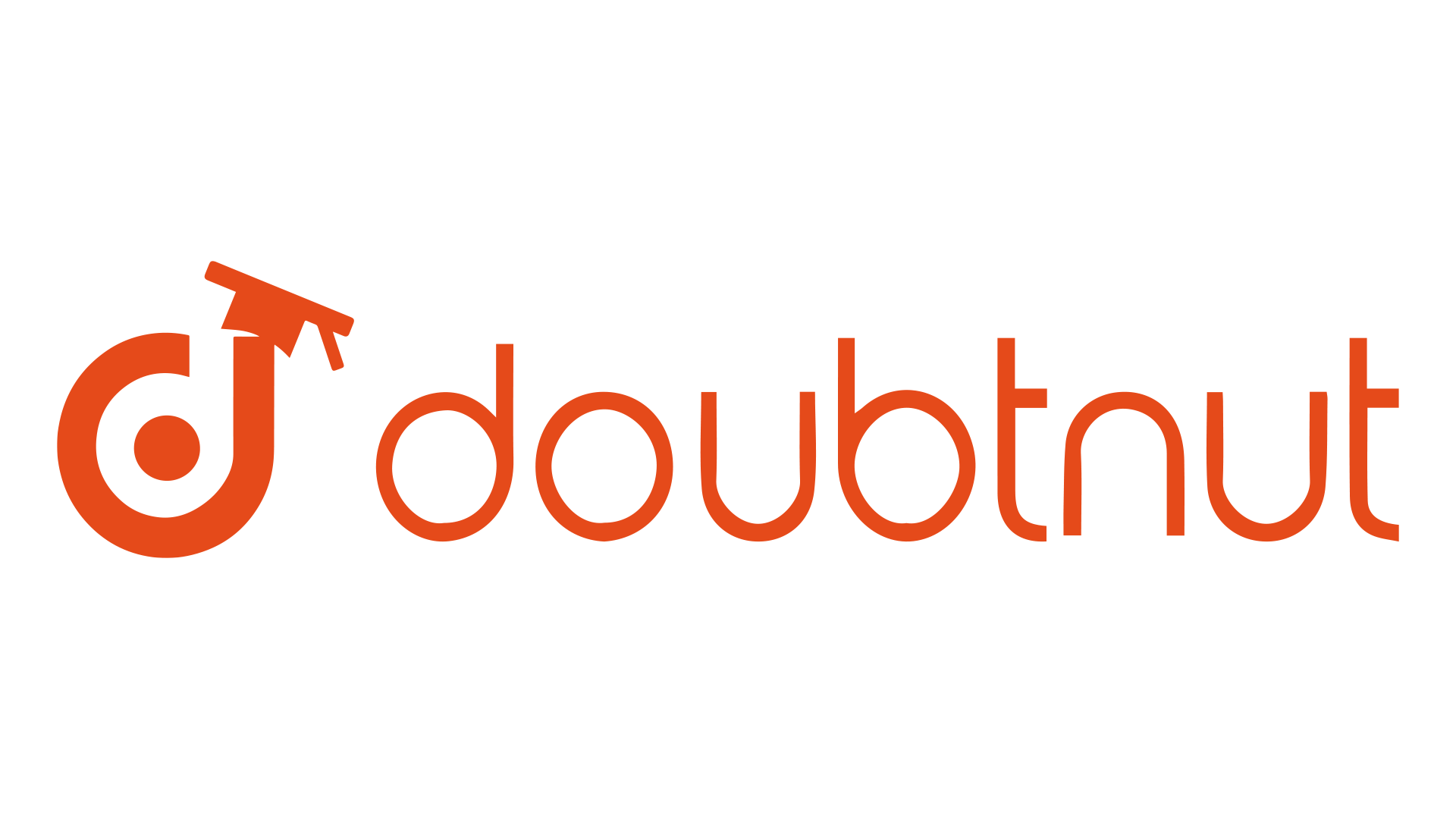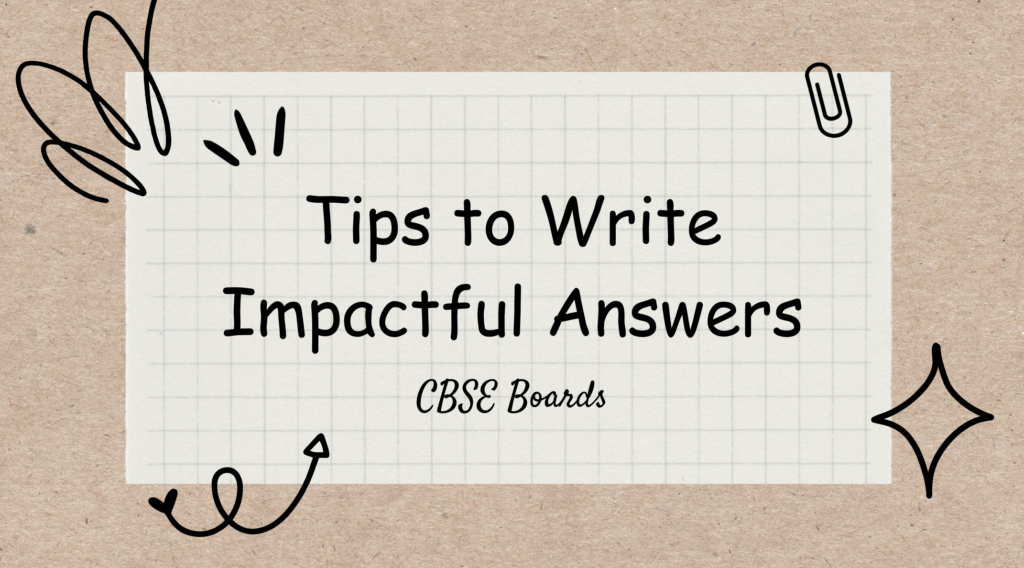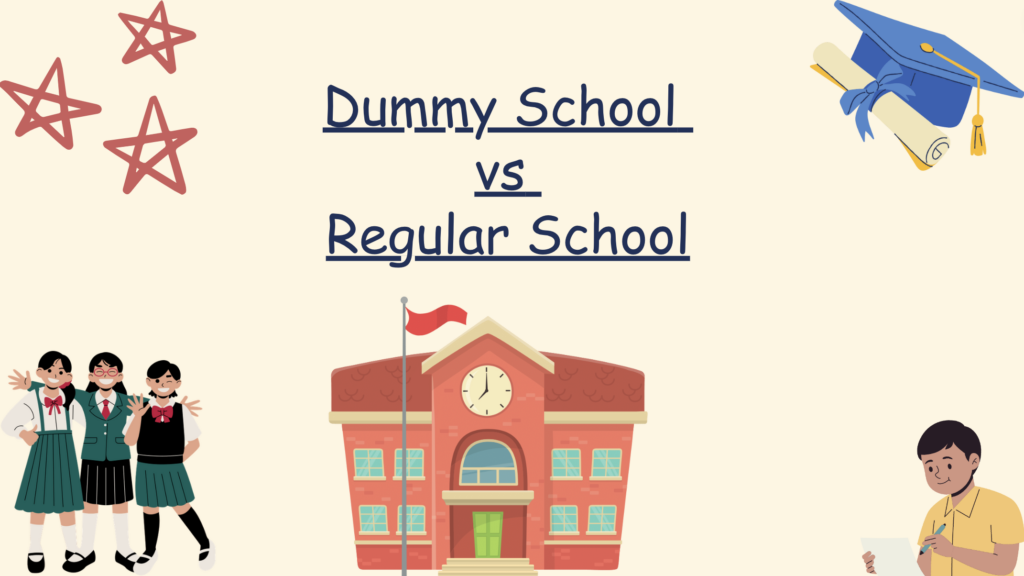CBSE Reduces the 2020-21 Syllabus for Classes 9 to 12
The Central Board of Secondary Education, CBSE has changed the syllabus for the next academic session, i.e. 2020-21 as per the new NCERT academic calendar. Keep reading till the end to know the changes introduced by the CBSE in the syllabus of classes 9 to 12!
CBSE Syllabus for Academic Session 2020-21
The new CBSE syllabus for the academic session 2020-21 is as per the alternative academic calendar formulated by the National Council of Education Resource and Training.
Since the Covid-19 lockdown has been extended to the next academic session, it has created a serious delay in the re-opening of classes. Therefore, the CBSE board has introduced some changes in the existing syllabus for classes 9 to 12.
The changed syllabus has fewer activities and practical work. This is because currently, CBSE is running online classes and practical sessions are something that cannot be done via online classes.
Moreover, for the new session, NCERT has also planned some interesting and fun activities such as Yoga and Arts Education to help reduce the academic burden of the students.
Key Highlights of Revised CBSE Syllabus:
- Computer Science class 11 and 12: Units reduced from 4 to 3
- Accountancy class 12: No Change
- Business studies class 12: No Change
- Science class 9 and 10: No Change
- Maths class 9, 10 and 11: No Change
- Physics Practical class 11 and 12: One activity has been added along with two practical. Also, the Physics experiments have been reduced from 15 to 12.
There are changes in other subjects as well. The complete revised syllabus is given in the end.
Note that, the CBSE has not released any public notice regarding the change in the syllabus. However, on comparing the new academic syllabus (2020-21) to last year, the reduced number the topics changes can be easily identified.
Also Read: CBSE Releases List of New FAQs For Class 10 & 12 Board Exams 2020
New NCERT Academic Calendar
The Human Resource Development, HRD Minister Dr Ramesh Pokhriyal 'Nishank' has also released the alternative NCERT academic calendar for classes 1 to 12.
The new academic calendar is designed to keep students engaged during the lockdown period and is developed as per the guidance of the MHRD.
Speaking about the alternative academic calendar, the HRD Minister said that it would offer teachers necessary guidelines on the use of different technological and social media tools available for making learning fun and interesting, which can be utilized by students to study at home.
The calendar has been prepared keeping in mind the needs of every student. Some students may not have internet facility in the mobile, or may not be able to use the social media platforms, so the new academic calendar guides teachers to further guide parents and students through SMS or mobile call.
Furthermore, the calendar is designed to cater to the learning requirements of all children, including the Divyang children, i.e. children with special needs.
NCERT statement on alternative academic calendar:
“This calendar includes not only generic guidelines and subject-specific activities, but also detailed material on the use of different technological and social media tools as well as strategies for reducing stress and anxiety in the present time.”
There is a varying level of learning resources in the form videos, audio-books, PDFs etc. which can be made available to students using multiple platforms including mobile, radio, television, SMS and various social media platforms.
The HRD Minister said that all the classes from 1 to 12 and subject areas would be covered under this calendar. As if now, the classes would be provided via DTH Channels, radio programs, etc. The parents of the students at the elementary stage have been requested to implement this calendar.
He also highlighted that the new academic calendar also contains experiential learning activities like Physical Exercises, Yoga, Arts Education, pre-vocational skills, etc.
The calendar contains class-wise and subject-wise activities including activities related to four languages as subject areas – Hindi, English, Urdu and Sanskrit. It also provides space to the strategies of reducing stress and anxiety among teachers, students and parents.
Students can also find the chapter-wise e-content available on the GoI’s e-pathshala, NROER and DIKSHA portal.
The NCERT has circulated the new academic calendar through DTH Channels and also by conducting video conferencing calls with CBSE, SCERTs, State School Education Boards, Directorates of Education, Kendriya Vidyalaya Sangathan, Navodaya Vidyalaya Samiti, etc. added the HRD minister.
Steps to Download the Alternative Academic Calendar:
- Visit the official website of NCERT, i.e. ncert(dot)nic(dot)in.
- On the homepage, click on the link of “Alternative Academic Calendar”
- Upon clicking, a new window will appear
- Read the new academic calendar and download it for future use.
Also Read: CBSE Board Exam Pattern: 20 Per cent MCQs in Class 10 & 12 Exams
CBSE Syllabus for Session 2020-21
The given CBSE Syllabus 2020-2021 describes the course framework and acts as a tool to plan the learning. Especially, at this time when students are unable to attend their schools, they must thoroughly read the entire syllabus and analyze all the topics and instructions mentioned in it.
Given below are changes introduced by the CBSE in the syllabus:
Maths Class 11 Syllabus for Session 2020-21
No Change
Maths Class 12 Syllabus for Session 2020-21
In the Unit 6 Probability a topic of binomial probability distribution is added.
Biology Class 12 Syllabus for Session 2020-21
- The term 'sacred groves' has been added
- No change in the practical syllabus.
Biology Class 11 Syllabus for Session 2020-21
- A topic ‘Secondary growth’ is added
- The marking weightage of Unit 1 changed from 10 marks to 12 marks
- The marking weightage of Unit 3 changed from 14 marks to 12 marks.
- The number of periods of Unit 1, 2 and 3 changed from 23, 23, 34 to 27, 27, 26
Biology Class 11 Practicals Syllabus
- Experiment Number 4 has been divided into two experiments.
- Three experiments have been deleted.
Chemistry Class 12 for Session 2020-21
- There has been a change in the chapter sequence.
- In the Unit 1, a new chapter is added – “Solid State”.
- In Unit 7, Group-15 elements have been added. Also the number of periods changed from 14 to 12.
- The Unit 13 is given new 'Amines'. Earlier, its name was ‘Oragnic Compunds containg Nitrogen. Also, topics 'Cyanides and Isocyanides' have been deleted from Unit 13.
- In Unit 15 Polymers topics 'Classification-natural and synthetic and Methods of polymerization have been added.
- The number of periods of Units 10, 11, 12, 13 and 15 has been changed from 12 to 10, 12 to 10,14 to 10, 12 to 10 and 6 to 8 respectively.
Practical Syllabus of Chemistry
- Periods reduced to 60 from 80.
- Under Qualitative Analyses section: cation As3+" is added and Co2+" is deleted.
- Anions, NO is added.
Computer Science Syllabus for Class 11
|
Earlier |
New Syllabus for Current Session |
|
Total : 4 units |
Total : 3 units |
|
Unit 1 |
Unit 1: 5 % matter need to be added |
|
Unit 2 |
Unit 2: (approx.)20 % matter need to be added |
|
Unit 3 |
Unit 3: Totally deleted |
|
Unit 4 |
Unit 4: (approx. 50 % matter need to be added. |
|
Practice Papers |
Practice papers : 40% change required |
Computer Science for Class 12
|
Earlier |
New Syllabus for Current Session |
|
Total : 4 units |
Total : 3 units |
|
Unit 1 |
Unit 1: 30% matter need to be added |
|
Unit 2 |
Unit 2: (approx.) 40% matter need to be added |
|
Unit 3 |
Unit 3: (approx.) 50% matter need to be added. |
|
Unit 4 |
Unit 4: Totally deleted |
|
Practice Papers |
Practice papers : 40% change required |
|
Total-2 projects Projects : Out of 2 projects –one project is not useful. |
|
English Core Class 12 Session 2020-21
- Speech and debate writing will be tested on contemporary issues.
Physics Class 11 Syllabus for Session 2020-21
No Change
Physics Class 11 Practical
|
Earlier |
Now
|
|
At least 15 experiments were to be recorded (with 6 from each section). |
At least 12 experiments to be recorded (with 6 from each section). |
|
At least 5 activities were to be recorded (2 each from Section A and Section B) |
At least 6 activities to be recorded (3 each from Section A and Section B) |
|
In the evaluation scheme, two experiments one from each section' had the weightage of 8+8 marks. |
The evaluation scheme, 'two experiments one from each section has the weightage of 7 +7 marks. |
|
In the evaluation scheme, "Practical record' had a weightage of 6 marks. |
-An evaluation scheme, 'Practical record has the weightage of 5 marks. |
|
At least 15 experiments were to be recorded (with 6 from each section). |
"One activity from any section' having a weightage of 3 marks. |
|
At least 5 activities were to be recorded (2 each from Section A and Section B) |
At least 12 experiments to be recorded (with 6 from each section). |
|
In the evaluation scheme, two experiments one from each section' had the weightage of 8+8 marks. |
At least 6 activities to be recorded (3 each from Section A and Section B) |
Physics Class 12 Syllabus for Session 2020-21
- The number of periods of Unit 1 changed from 22 to 24
- The number of periods of Unit 2 changed from 20 to 18
- Topic 'Experimental study of photoelectric effect' is added to Chapter 11
- Topics ' Half-life and Mean life' have been added to Chapter 13.
Practical syllabus
|
Practical Earlier |
Practicals Now |
|
|
Section-A (Experiments)
The language of experiment 1 and 2 is changed.
Earlier
- To determine resistance per of a given wire by plotting a graph for potential difference versus current.
- To find the resistance of a given wire using meter bridge and hence determine resistivity (specific resistance) of its material.
Now
- To determine the resistivity of two/three wires by plotting a graph for potential difference versus current.
- To find the resistance of a given wire/standard resistor using meter bridge.
Note
- Earlier there were 10 experiments but now only 8 experiments as experiment number 3 and 4 and 8 and 9 have been changed into or parts of each other.
- To verify the laws of combination (series) of resistances using a meter bridge.
OR
- To verify the laws of combination (parallel) of resistances using a meter bridge.
- To convert the given galvanometer (of known resistance and figure of merit) Into a voltmeter of desired range and to verify the same.
OR
To convert the given galvanometer (of known resistance and figure of merit) Into an ammeter of desired range and to verify the same.
Section B Experiment
Experiment To determine the wavelength of a laser beam by diffraction' has been deleted.
Earlier there were 10 experiments to do but now there are 9 experiments.
For the purpose of understanding only has been deleted after the heading Activities in Section A and Section.
To download the complete syllabus students can visit the official website of the CBSE. The official website of CBSE is cbseacademic(dot)nic(dot)in/
curriculum_2021.html
Stay Tuned with Doubtnut!
There can be more changes in store in case the lockdown 2.0 continues even after 3rd May 2020. However, we hope that Covid-19 outbreak soon comes to an end so that everyone can resume their routine lives.
Till then Keep Studying and Working Hard!



